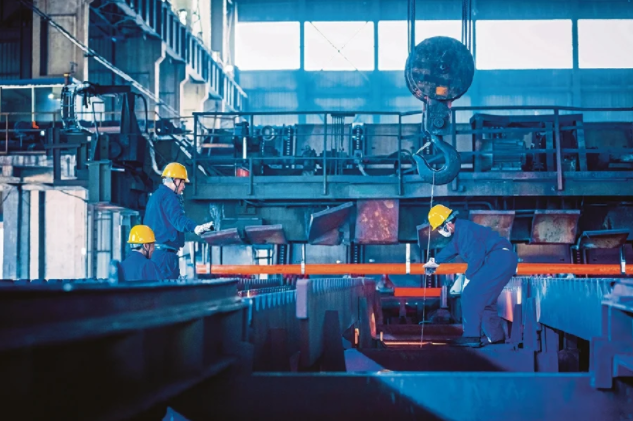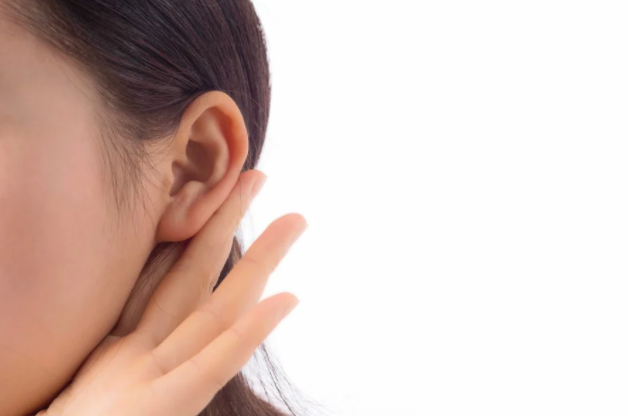Get Our Latest Updates
Alpro Group Head Office & Distribution Centre
Unit V1-A, Lot 45880, Jalan Techvalley 3/2, Sendayan Techvalley, 71950 Bandar Sri Sendayan, Negeri Sembilan.
IN Enid Blyton’s much-loved storybook series, The Magic Faraway Tree, the character called the Saucepan Man is portrayed as being hard of hearing, leading to many hilarious situations.
He often hears words wrongly — “mouse” instead of “house” or “sea” when people say “tea”.
But the Saucepan Man is not actually deaf as is explained in the story. The constant clanging and banging of his saucepans as he moves around has affected his hearing, a very common phenomenon for those of us in the real world too.
Noise-induced hearing loss affects many people. According to the World Health Organisation (WHO), over one billion people aged 12 to 35 risk losing their hearing due to prolonged and excessive exposure to loud music and other recreational sounds.
This can have devastating consequences on their physical and mental health, education and employment prospects.
Hearing loss occurs due to many reasons, with the common ones being ageing, genetics or injury, which are not preventable, says Alpro Pharmacy audiologist Elya Nadzri.
She explains that compared with children, adults are most at risk due to more frequent exposure to loud noises at work, especially in factories or industrial facilities.
“Adults working in loud volume places, such as airports, the steel industry and quarries are at high risk and in most cases, are not aware of their hearing loss as it is harder to spot than vision impairment.”
While some companies conduct regular hearing checks on employees, many have neglected this responsibility, which is a big concern.

Elya says adults working in loud-noise places are at high risk.
TOO LOUD, TOO FREQUENT
Loud noises are one of the most common causes of hearing loss. Noise from heavy machinery or even loud music can damage the inner ear, resulting in permanent hearing loss.
“I once went to an airport to conduct a hearing assessment for airport workers and found a 24-year-old suffering from noise-induced hearing loss but to him, his hearing was fine without any issues,” says Elya.
This is a common scenario among people with noise-induced hearing loss as the brain will compensate for the loss by “overworking” to understand speech. This can result in long-term damage to the ears and the brain.
Elya says it is essential that individuals undergo hearing assessments regularly, especially those who work in loud noise environments.

Those working in industrial sites that emit loud noises should protect their ears and have regular hearing assessments. Picture by fanjianhua — www.freepik.com
There are two types of noise-induced hearing loss — Temporary Threshold Shift (TTS) and Permanent Threshold Shift (PTS).
If you have ever attended a loud concert, cinema or just been in a room with loud noise, the moment you walk out of the place, you will find it difficult to hear sounds temporarily. This is TTS.
TTS can also be an early symptom of permanent hearing loss. Ignoring the early signs of TTS will result in damaged hair cells near the inner ears, and this can turn TTS into PTS, which is irreversible and can be treated only with hearing aids.
Teenagers or young adults who use headphones for long periods may have little idea of the damage they are doing to their hearing.
WHO estimates that over 43 million people between the ages of 12 and 35 live with disabling hearing loss due to different causes.
Elya says this includes unsafe use of personal audio devices such as headphones and earbuds.
WHO estimates that among teenagers and young adults aged 12 to 35 years in middle-and high-income countries, nearly 50 per cent are exposed to unsafe levels of sound from personal audio devices and around 40 per cent are exposed to potentially damaging sound levels at clubs, discotheques and bars.
“Any noise over 85dBA can be harmful and cause permanent hearing loss, especially if the noise is sustained over a prolonged period,” says Elya.
While many electronic listening devices come with disclaimers that playing loud music over an extended period can cause damage, many people ignore this warning.

Noise induced hearing loss affects many people. Picture: Created by evening_tao – www.freepik.com
Like other diseases and situations, prevention is always better than cure. The best way to prevent hearing loss is by ensuring we protect our hearing from environmental noise as much as possible.
For those working with heavy machinery that emits loud noises, it is important to wear double ear protection.
Those who use headphones often should consider lessening their usage and reducing the volume to recommended levels.
Going for regular hearing assessments is also important. Those working in high-noise environments such as airports, quarries and steel factories should go for checks at least three times a year.

Be mindful of the dangers of using earphones at full volume. Picture by benzoix — www.freepik.com
BE AWARE
Just like other body organs, ears can be overused and slowly deteriorate. Causing extra tension in the ears can expedite deterioration. Noise-induced hearing loss can happen when a person:
• Is exposed to loud noises frequently.
• Works in a noisy environment with heavy machinery without proper ear protection.
• Frequently listens to music at full volume with earphones or listens to music at high volume in the car.
Read Original Article: New Straits Times
Get Our Latest Updates
Alpro Group Head Office & Distribution Centre
Unit V1-A, Lot 45880, Jalan Techvalley 3/2, Sendayan Techvalley, 71950 Bandar Sri Sendayan, Negeri Sembilan.
Alpro Alliance Sdn. Bhd. (1015456-V)